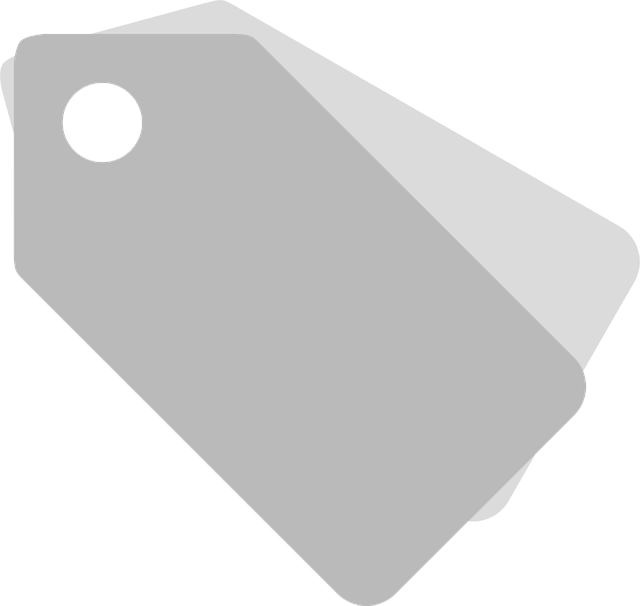Skin tags, medical term acrochordons, are small growths caused by friction, treatable in Birmingham Skin Tag Removal clinics. Options range from surgery to topical treatments, with cryosurgery and laser treatments as non-invasive alternatives. Consulting a dermatologist is key to choosing the best method for individual needs based on effectiveness and potential side effects.
In many cases, skin tags—small, soft, benign growths on the skin—are harmless but may be removed for cosmetic reasons. If you’re an adult considering Birmingham skin tag removal, understanding these non-cancerous lesions is key. This article delves into the causes and appearance of skin tags, explores various removal options from surgical procedures to topical treatments, and guides you in choosing the most suitable method for your skin in Birmingham.
- Understanding Skin Tags: Causes and Appearance
- Removal Options: From Surgery to Topical Treatments
- Choosing the Right Method for Your Skin in Birmingham
Understanding Skin Tags: Causes and Appearance
Skin tags, also known as acrochordons, are small, soft skin growths that typically appear in areas where skin rubs against itself, such as the neck, armpits, and groin. They are generally harmless but can be a source of aesthetic concern for many adults. The exact cause of skin tags is not fully understood, but they often develop due to friction or trauma on the skin. This process involves the proliferation of keratocytes, the cells responsible for producing keratin, leading to the formation of these small tags.
In Birmingham Skin Tag Removal clinics, professionals address this common concern by offering various safe and effective treatments. These growths can vary in size, from a few millimeters to a centimeter or more, and may be single or numerous. They often look like small pieces of skin that hang off the body, sometimes with a stem-like connection. Despite their benign nature, individuals might choose to remove them for cosmetic reasons or to prevent potential discomfort caused by clothing or jewelry rubbing against them.
Removal Options: From Surgery to Topical Treatments
When it comes to removing skin tags in adults, there are several options available, each with its own advantages and considerations. One extreme method is surgery, which involves a doctor cutting or burning off the excess skin. This approach may be suitable for larger or persistent skin tags but carries risks of scarring and infection, not to mention the cost associated with surgical procedures like Birmingham Skin Tag Removal.
Alternative options include topical treatments that are applied directly to the skin tag. These treatments can be as simple as over-the-counter adhesive patches designed to remove them painlessly at home or more complex formulations containing chemicals that dissolve the skin tag tissue. Topical methods are generally less invasive, more affordable, and have a lower risk of scarring but may not be as effective for larger tags.
Choosing the Right Method for Your Skin in Birmingham
When considering Birmingham skin tag removal, it’s crucial to understand that different methods suit varying skin types and preferences. For adults, several options are available, each with its own advantages and considerations. One popular choice is cryosurgery, which involves freezing off skin tags using liquid nitrogen. This method is effective for many but may cause temporary redness or swelling.
Laser treatments offer another viable alternative, precisely targeting skin tags with concentrated light to destroy the tissue. While usually quick and relatively painless, lasers might not be suitable for everyone due to potential side effects like skin discoloration or blisters. Consulting a qualified dermatologist in Birmingham is essential to determine the best course of action based on your specific situation and desired outcomes.
In conclusion, removing skin tags in adults offers various safe and effective options, including surgical excision, topical treatments, and cryotherapy. When considering Birmingham skin tag removal, it’s crucial to consult with a qualified dermatologist who can recommend the best method tailored to your specific skin type and needs. Remember, proper care and regular check-ups are essential for maintaining healthy skin.
